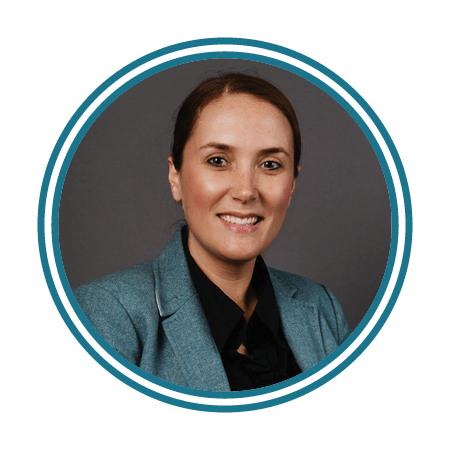In the fundraising world, the infamous Capital Campaign is the mothership. The Capital Campaign helps you make a change so big that your mission can expand and you can grow larger and reach more people. Generally, a capital campaign is designed to raise funds for capital work or purchases. For example, a capital campaign may be in order if your organization may need to build a wing onto the hospital to manage the increase in cancer patients you are seeing or you may need to update an existing wing to make it more hospitable and efficient. Along the same lines, perhaps your organization needs a new fleet of vans to transport the school children you serve or a facility to house your new residential program. Regardless of what you’re raising the money for, there are steps you need to take before taking on a project as large as a capital campaign.
First things first, you must make sure your organization is raising money for what you truly need and find out exactly what it’s going to cost you. Many joke about the amount of work that gets done when you involve a committee, but in this case, it’s important to begin the project by clearly identifying who is leading the charge and organizing the work. This is critical because capital campaigns involve a tremendous amount of work, even if the project itself is not enormous. You’ll want to ensure that the head of each of your organization’s departments is aware of the effort and ready to interject their thoughts from their particular perspective should the campaign be undertaken. Alternatively, maybe your project is set and there is no other pressing need that would call for a capital campaign. In either case, once you’ve identified your project, you need to find out how much it’s going to cost.
At this point, you’ll want to find out what your budget is in order to figure out the cost. Is there someone internal to the organization who will be performing the work and should this person be the one to get quotes or do you need to hire an architect to get you started? You may need to interview several architects or perhaps you have someone you always use or a donor or partner who can make a recommendation or perform the work themselves.
After determining the cost of the project and assembling materials from your quotes that show the work you want to complete, you’ll want to assess your current donor base and establish what you think their financial commitment could be. Is your donor base currently large enough or are you going to need to pull in a larger portion of the individual donor population as well as large corporate donors? It’s unlikely you’ll be able to move on with only the donors you have, but if you can, you’ll want to determine a pledge level for each existing donor. You’ll also want to determine the time span you think they’ll need to pay out the pledge while still maintaining interest in the project. At this point, you’ll also want to assess how a capital campaign will affect the regular course of fundraising. For example, will it be problematic if the money you currently receive from donors is diverted to the campaign?
Given how unlikely it is that you’ll use only existing donors to conduct a capital campaign, you’ll need to sit down with your finance folks and figure out how much you can spend to run the capital campaign. You’ll need to know how much you can have to run community forums that will help you determine what the community thinks about your project and how much they think it should cost. You’ll also need to set aside funds for events and possibly to pay per diem fundraising staff to support the effort. Lastly, you’ll also need cash for mundane things like mailings and likely travel expenses.
Now that you’ve figured out if you can afford to run a capital campaign you’ll want to start planning out your strategy for the campaign and make sure your organization has a strategic plan in place that describes to the community and your donor base where your organization is headed in the next five years.


